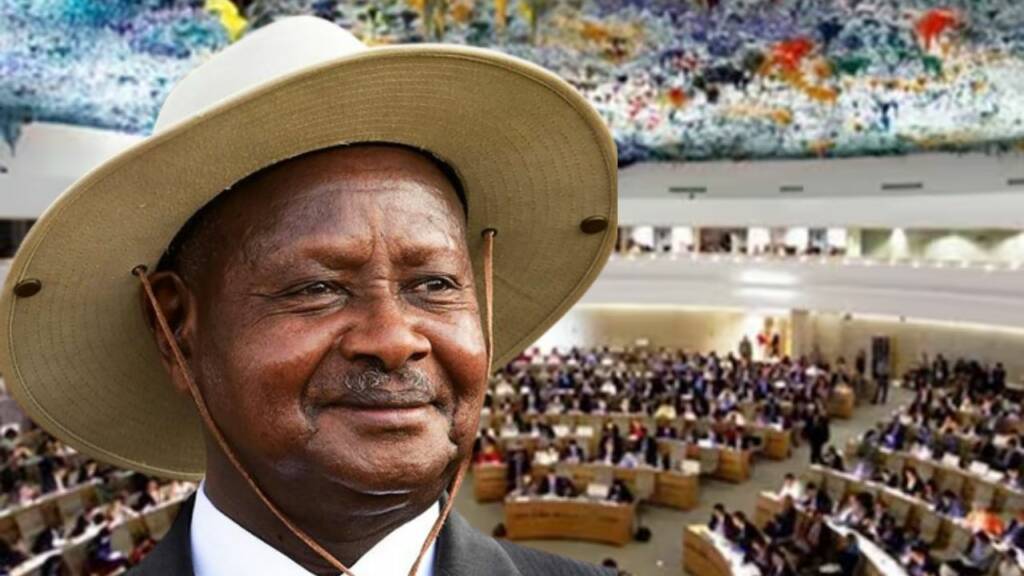Uganda Human Rights: According to recent reports, Uganda will not renew the mandate of the United Nations rights office in the East African country and will rely on domestic institutions to safeguard rights, the government said, after the body flagged torture and unlawful detention sites.
In a letter by Foreign Affairs Ministry of Uganda sent to the Office of the U.N. High Commissioner for Human Rights (OHCHR), the ministry noted progress Uganda had made in developing a domestic capacity to monitor rights as the main reason for its decision.
Read More: Uganda’s president destroys EU elites with a powerful message
UN’s sloppy work
This is a step in the right direction. International organizations, such as the United Nations, have long reeked of prejudice. The United Nations has traditionally defended the interests of its American overlords by promoting African policies that align with US foreign policy aims. Throughout the last few decades, the organization has stated that it is committed to promoting peace in developing countries. Numerous studies, however, show that the United Nations has failed to reduce ethnic conflict in many African countries. Moreover, the UN help comes with strings attached termed “conditionality”. Controlled by Washington, the organization frequently forces governments in Africa, Asia, and Latin America to make structural changes that frequently overlap with Western culture.
Furthermore, the UN’s sloppy work in fabricating cases of human rights violations in developing countries to establish “legal” grounds for humanitarian intervention by neo-imperial powers like America is well chronicled.
Against such a backdrop, the recent developments in the ‘domestic institutionalization’ of human rights by Uganda are indeed noteworthy. These developments represent a response to bridging the implementation gap between human rights commitments and reality. This trend towards ‘domestic institutionalization’ could indeed inspire renewed attention in the African continent to the importance of national-level institutions within the international human rights regime, including revisiting the roles of state actors. Thus, moving forward, Museveni’s recent decision is likely to make the west-backed institutions fume with anger.
Read More: Uganda finds an alternative to the West for oil exploration
https://www.youtube.com/watch?v=aXlhC4u52pY
